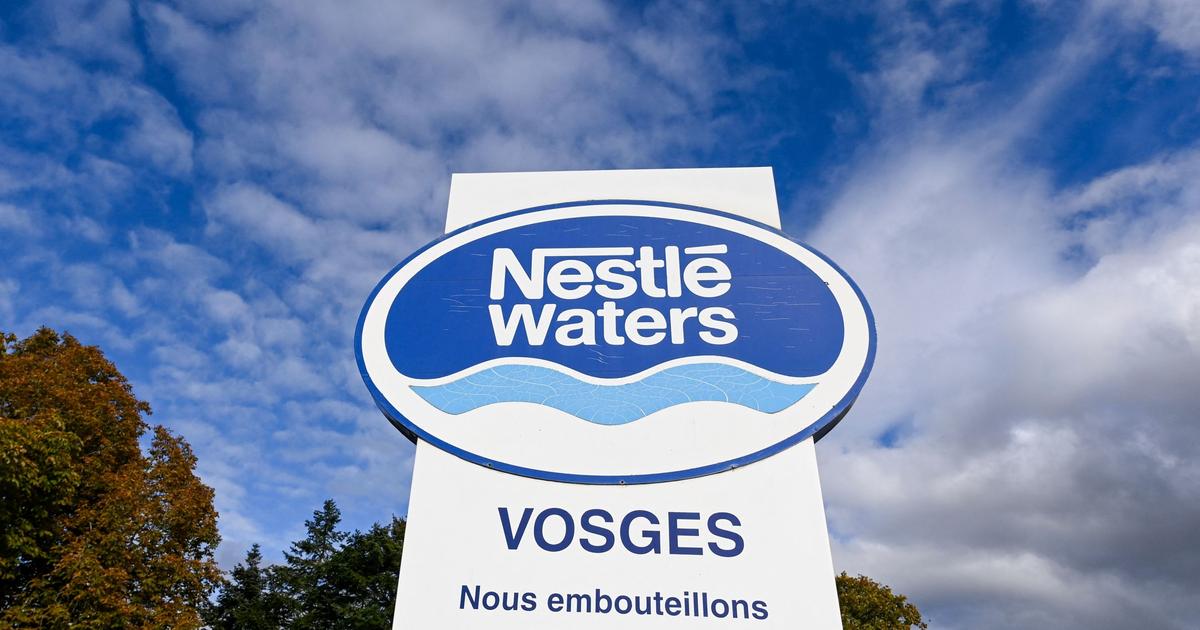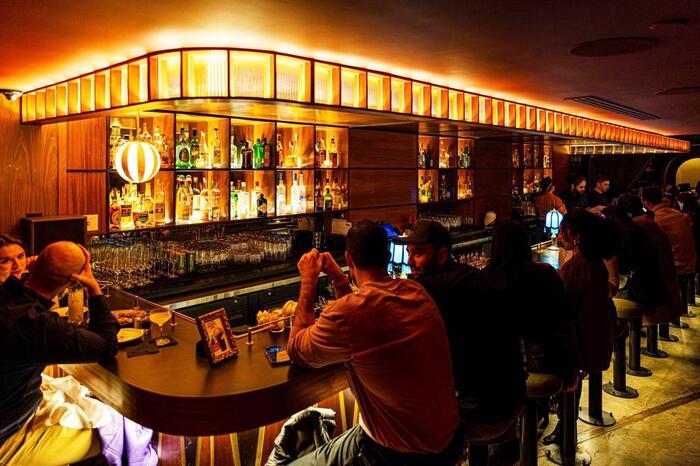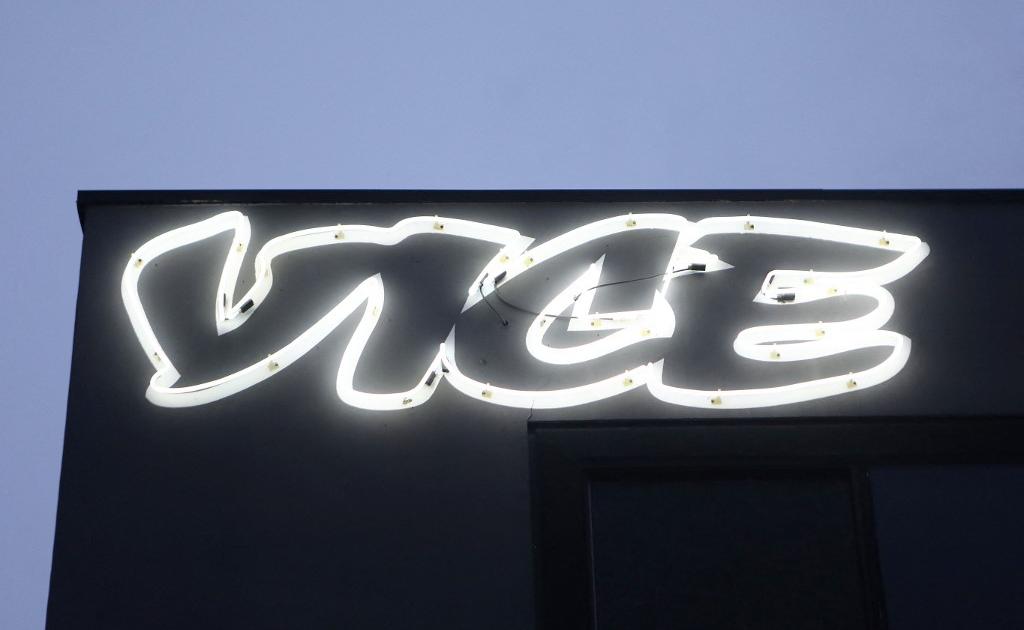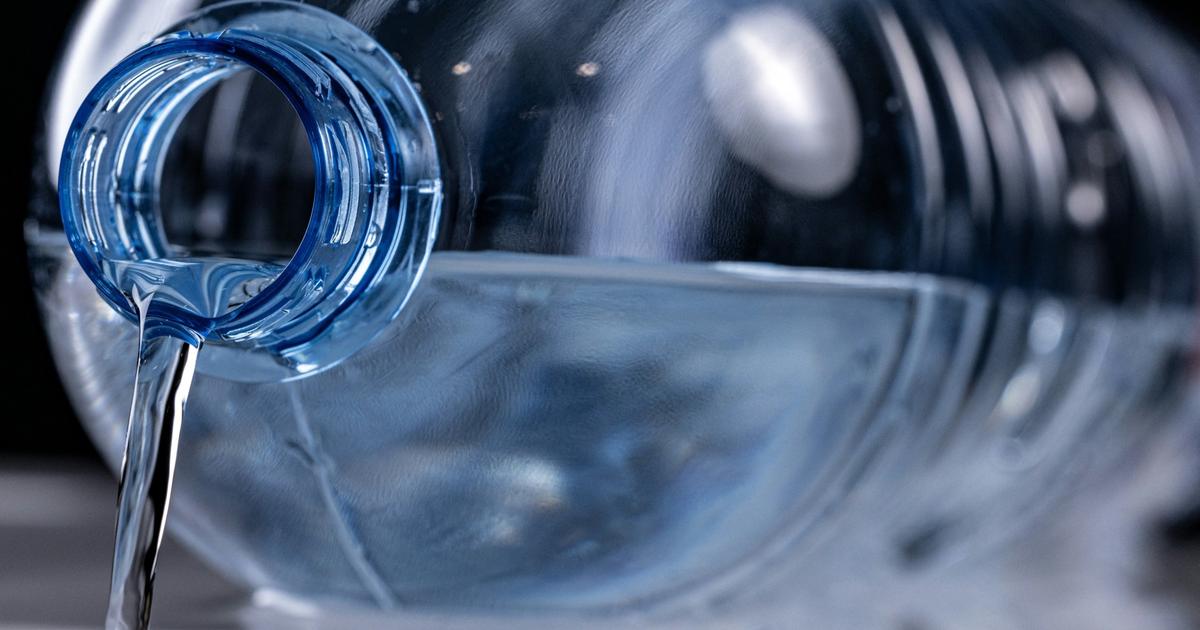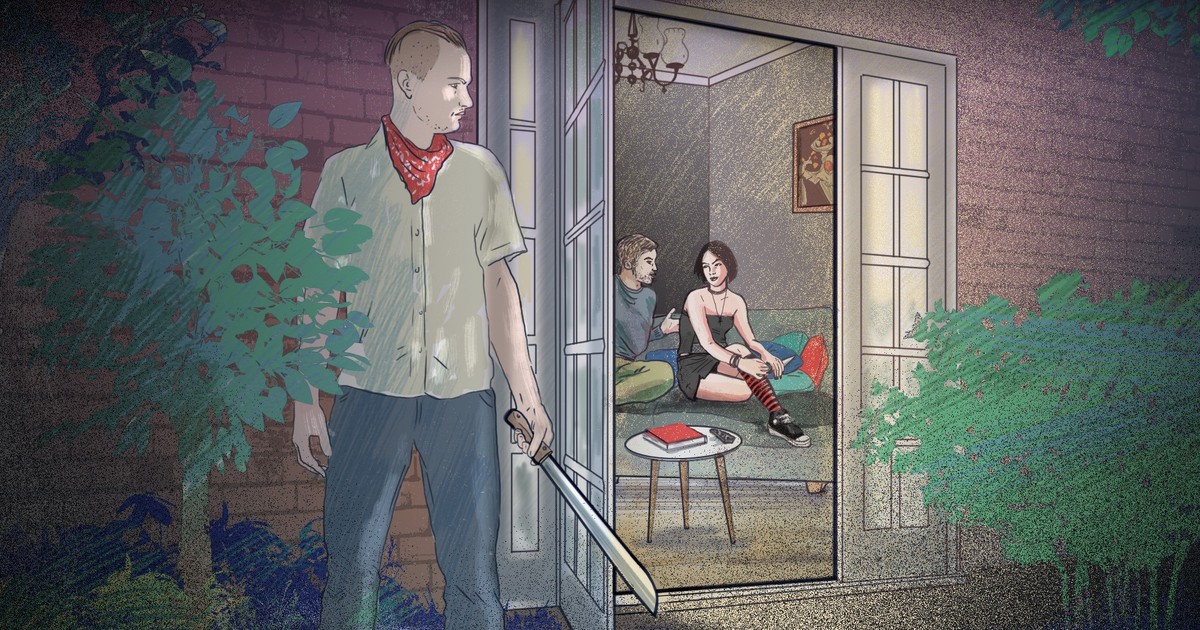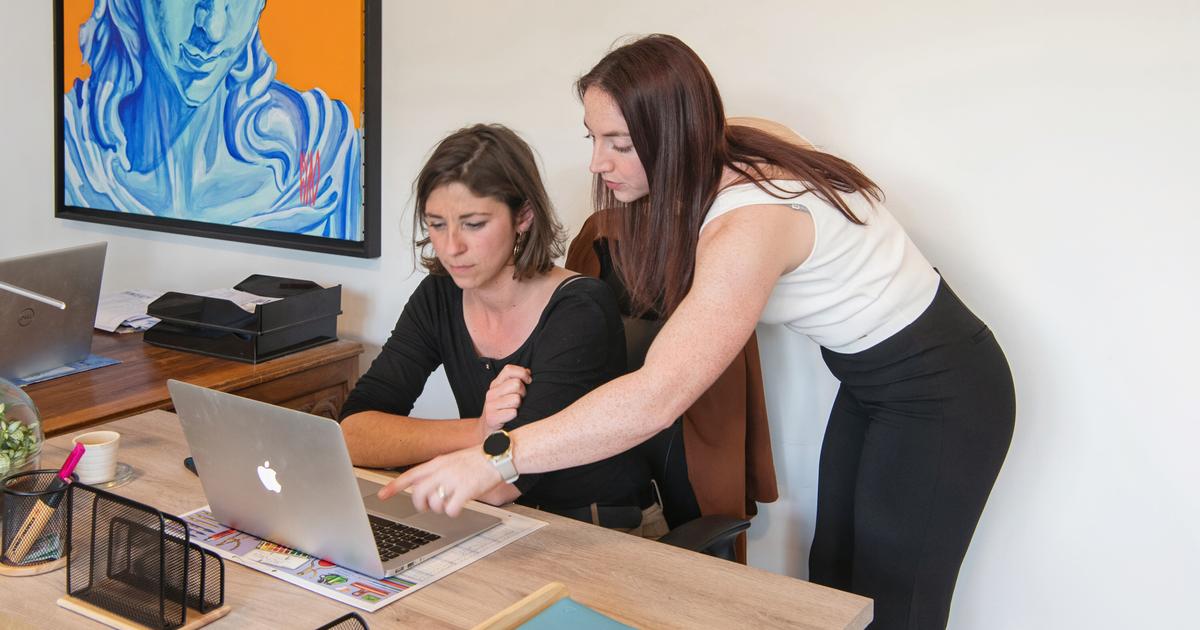Enlarge image
Photo: foodwatch
Alaska pollock has nothing to do with salmon, it is a trade name for Pacific Pollack - only that salmon sounds much more noble.
The trick is not new, the species of cod has been sold as Alaskan pollock for decades, preferably in fish fingers.
The fish in itself is therefore not bad, the thing is also legal.
Yet it is a form of deception.
When it comes to food, people are glossed over and lied to as much as they can.
Often packaging is half empty or it shows green willows for products that come from food factories and that have never been lit by daylight before opening.
And anyone who can correctly interpret the long, tiny printed ingredient lists of many supermarket products must actually be a food chemist.
The non-profit organization Foodwatch, which cares about consumer interests when it comes to food, reminds every year when it selects the “golden cream puff”: “Which product is the most brazen advertising lie of the year?” Is the initial question.
This year, sustainability issues are in the foreground, which reflects the advertising trends in the food industry. »Climate crisis, deforestation and mountains of plastic rubbish: our diet has its share in the huge problems we face today. The food industry now wants to cash in on consumers' need for more sustainability and is marketing their products as a way of saving the environment and the climate, ”says Manuel Wiemann from Foodwatch. Under his direction, five products were once again put together that Foodwatch considers - in a negative sense - to be award-worthy.
In the coming weeks the public will vote on goldener-windpaket.de which advertising claim they consider to be the most dishonest. We introduce the cream puff candidates and show what Foodwatch has to complain about.
Danone: Volvic Natural Mineral Water
Clear water, and then also »climate neutral certified«, as you can read on the label of the Volvic bottles.
The Danone Group wants its water, which is sold in many countries, to appear particularly environmentally friendly; it has "always been at the heart of our DNA".
Volvic is filled with renewable energies and the British Carbon Trust, a seal for ecological sustainability, is supported.
On the other hand, Foodwatch judges: "The water in the one-way bottle is anything but a particularly climate-friendly or environmentally friendly product." The plastic bottle has to be recycled after a single use, while glass bottles are refilled on average 50 times. In addition, the water from France is transported hundreds of kilometers by truck. Anyone who drinks tap water in Germany or the water from nearby mineral wells makes a much greater contribution to the climate. According to its own information, Volvic emits 121.5 grams of CO2 equivalents per liter for all of its products with natural mineral water. According to studies, water from the reusable glass bottle is 84 grams, tap water even 0.35 grams.
What the company says: Danone responds to inquiries, since last August they have only been using recycled PET for the one-way bottles.
For long transport routes, these bottles are the “most ecologically sensible packaging”. In addition, a regional mineral water has been brought onto the market that is sold in glass deposit bottles.
The group justifies the claim "climate-neutral certified" with the fact that Volvic is "thanks to decades of different active measures to reduce the CO2 footprint as well as by offsetting the remaining emissions climate-neutral in scope 1, 2 and 3".
JJ Darboven: Mövenpick Green Cap
Coffee capsules generate a disproportionate amount of waste - without this technology, nobody would come up with the idea of individually packaging such small amounts of coffee. With its Mövenpick Green Cap coffee, Darboven apparently has a solution ready: the capsules should be compostable and biodegradable, the coffee company advertises. However, there is an asterisk behind the word “compostable” on the packaging. The footnote then states that customers should please check for themselves whether the waste company that disposes of their own household waste supports the EN 13432 standard, according to which all of this is guaranteed.
That is a problem: Because "virtually the entire waste processing industry rejects compostable plastic in the organic waste bin", says Foodwatch. According to a study by Deutsche Umwelthilfe, 95 percent of waste recyclers cannot recycle it because it disintegrates too slowly. This plastic then contaminates the rest of the compost, it is sorted out and burned. This means that the Green Caps are no better than other coffee capsules.
This is what the company says: Darboven calls the "current situation of the disposal routes" itself unsatisfactory.
During the development of the product, a more positive development was assumed: »On the way to more sustainable packaging material, many food manufacturers have decided to choose the route of industrial compostability.
We were therefore confident that disposal would soon be guaranteed to a significantly higher percentage for the consumer.
Katjes: Wunderland Sauer + Vitamins
"Who would have thought that snacking could be so rich in vitamins?" Katjes asks that when he comes to his Wunderland fruit gums.
If you would have thought that there was so much sugar in it, one wonders more when going through the list of ingredients.
Because the Naschwunder contains 60 grams of sugar per 100 grams, 30 percent more than Haribo gold bears.
Six vitamins are also included, but will not protect against obesity.
There is no indication of the sugar content on the Katjes website (as of November 16, 21).
Either way, it is misleading advertising that trivializes the snacking of such sugar bombs, believes Foodwatch.
What the company says: Katjes did not respond to a request from SPIEGEL.
Naturally Pam by Pamela Reif: Clean Protein Bar
This protein bar from fitness influencer Pamela Reif is said to be packaged in a particularly exemplary manner.
So that you can perceive this, there are pretty logos on it, according to which the film is "plastic-free", "biodegradable" and "bio-based".
In fact, it is made of PLA (polyactide), a plastic made from natural raw materials.
PLA is a plastic anyway, colloquially: plastic.
So there is nothing »plastic-free«, believes Foodwatch.
And again, the material is only degradable in accordance with DIN EN 13432, i.e. not at all in most composting plants.
The terms "plastic-free" and "biodegradable" are therefore "consumer deception," according to the consumer organization.
The packaging does not offer any advantages over other plastic films, which the Federal Environment Agency has also determined for such packaging.
This is what the company says: "We understand that our packaging is not ideal because waste management does not yet offer the necessary conditions for our packaging film to be properly composted," says Managing Director Jannik Stuhlmann on request.
That is why it is pointed out on the packaging and on the product pages that the film can currently only be disposed of correctly in the yellow sack.
"We very much hope that this is an intermediate step towards better disposal."
Rewe: Wilhelm Brandenburg chicken breast fillet
The chicken breast fillet from Rewe's own brand Wilhelm Brandenburg bears a clearly visible "climate neutral" logo. How does that work? After all, according to the Federal Environment Agency, animal husbandry contributes 15 percent to man-made emissions of greenhouse gases. Even if the emissions from beef are significantly higher than from poultry, meat itself is not climate-neutral. That is why Rewe bought certificates for a climate project for sustainable Brazil nut cultivation in order to offset the emissions: If more trees grow in Peru, this should compensate for the climate damage caused by German chickens.
But research by Foodwatch revealed, according to the organization: The supported project in Tambopata »does not protect the forest« and »should not have issued any CO2 certificates«. Even the thesis that the support of Brazil nut farmers would slow down deforestation in Peru is "questionable". In addition, the women farmers received no money from the project until 2014 - but the Rewe certificates come from that period, namely 2010 to 2012. At that time, the forest in the area even declined, writes Foodwatch. The criticism of the project should also have reached Rewe, says Foodwatch.
This is what the company says: During the period mentioned, Rewe did not work with the certification company, so "unfortunately we cannot contribute to the answer," writes a company spokesman.
The cooperation has only existed since 2021.
According to the certifier, the project is also validated by the "Verified Carbon Standard (VCS) Gold Level".
Rewe does not deny that the certificates used can also be older than 2021.





